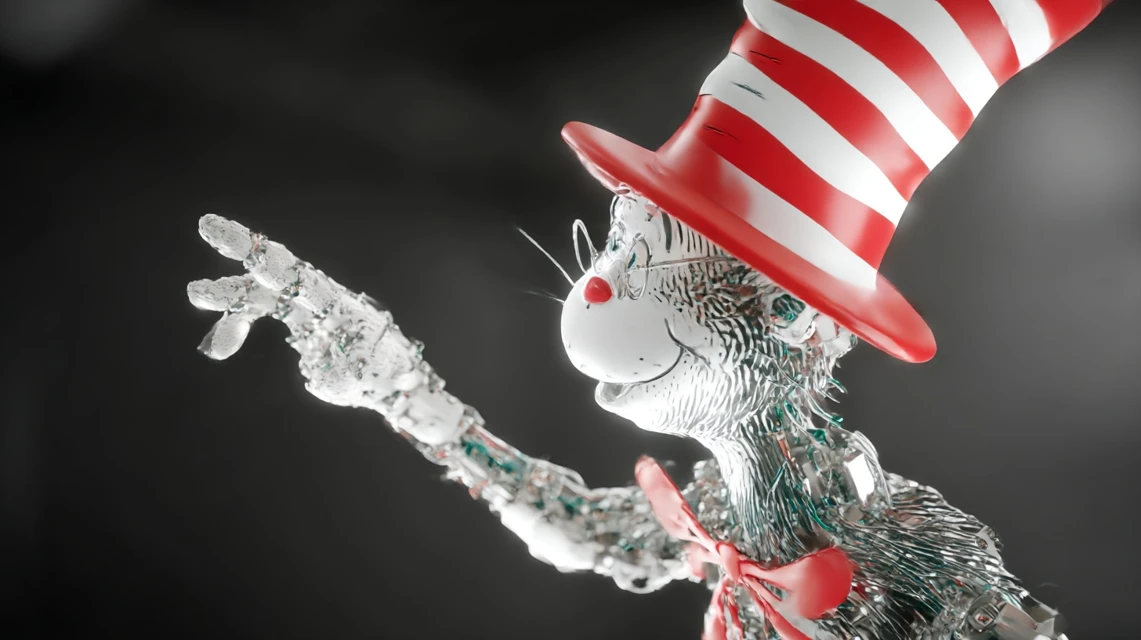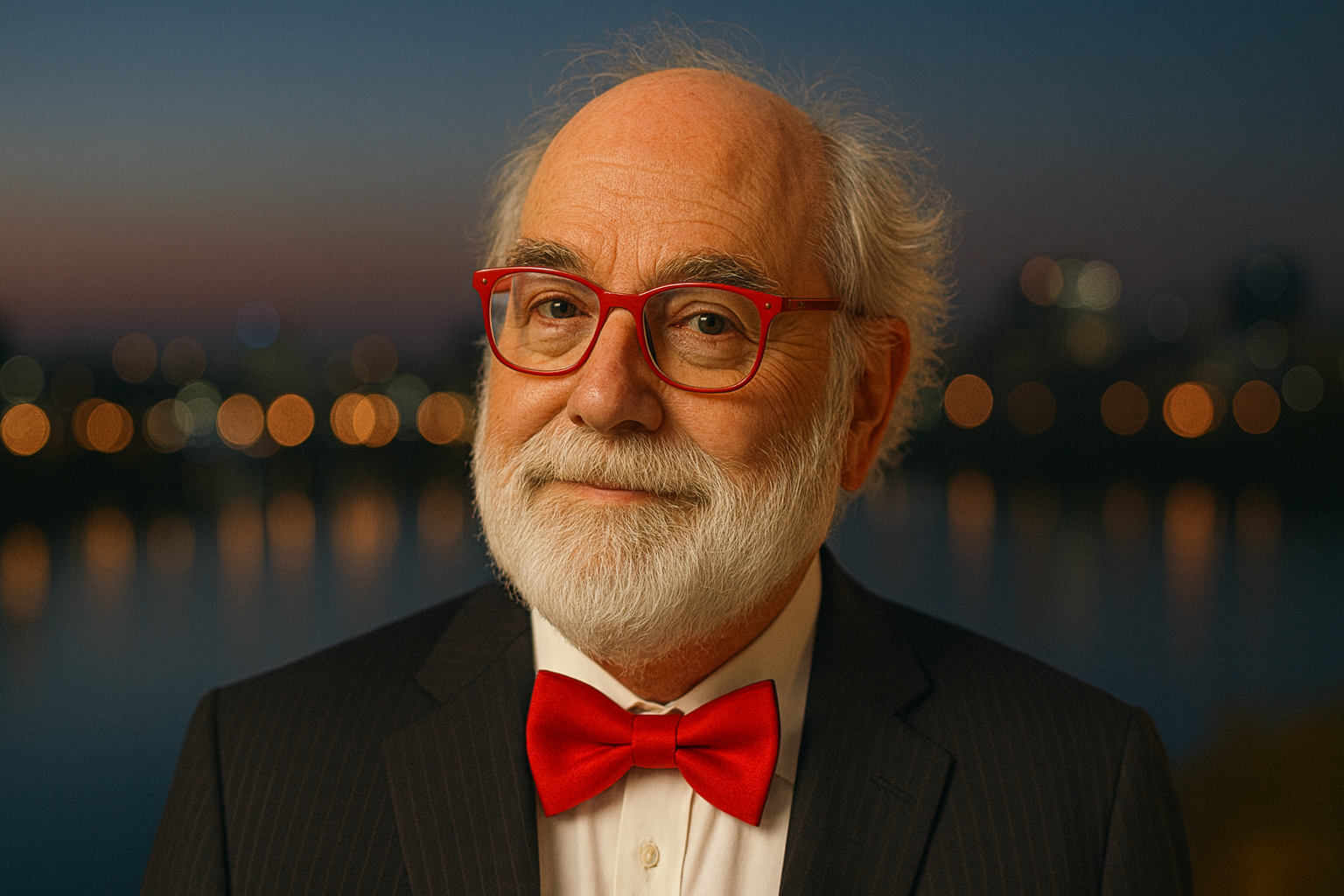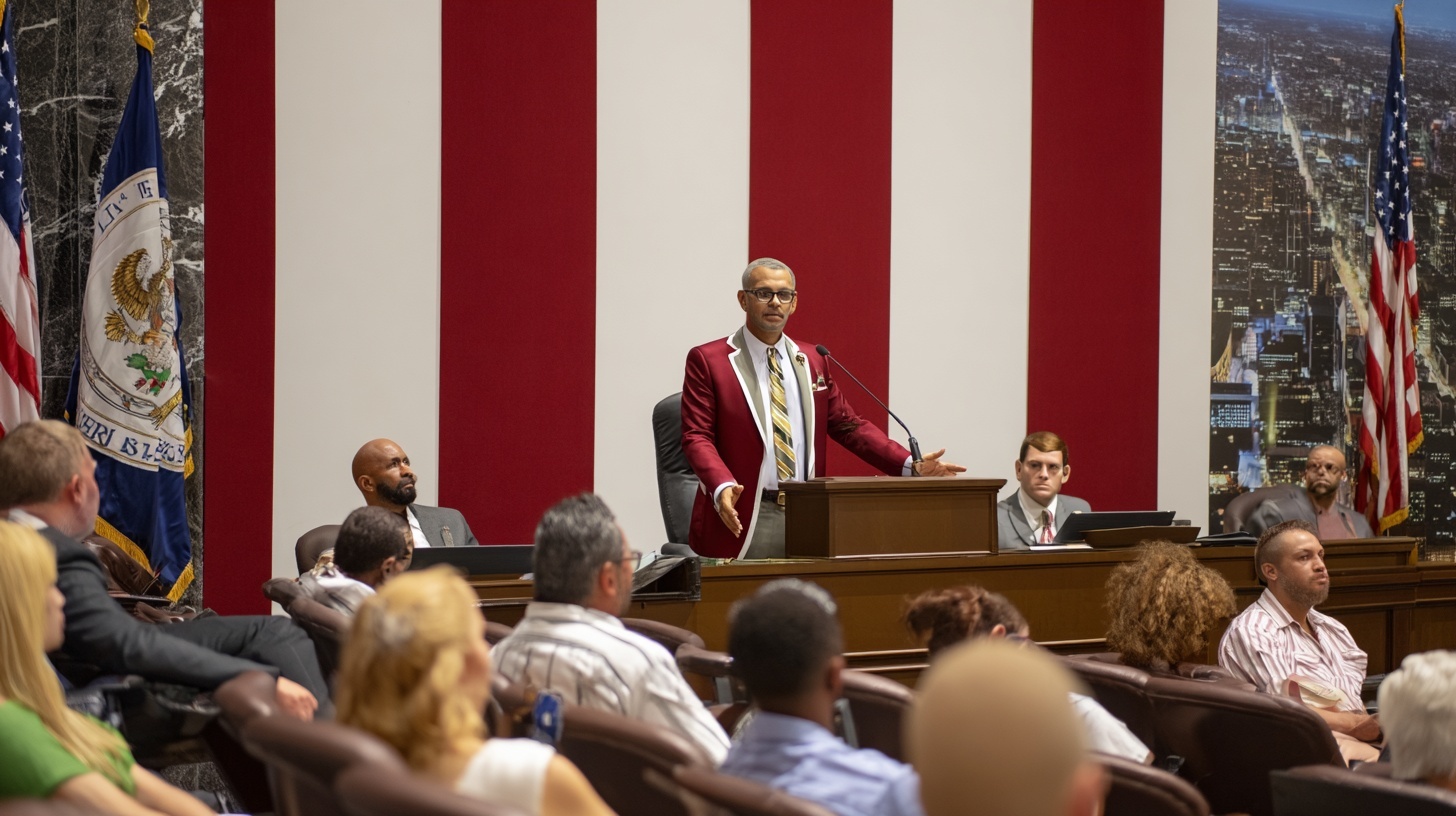By Futurist Thomas Frey
The Economics Just Flipped
Here’s the statement that should stop you cold: Within 36 months, space will be the cheapest place to deploy AI compute infrastructure. Not the most advanced. Not the most cutting-edge. The cheapest.
This isn’t speculation from a think tank. This is Elon Musk’s engineering timeline, traced back to first principles and grounded in physics that doesn’t care about our intuitions. And if he’s right—and the math suggests he is—we’re about to witness the largest infrastructure migration in human history.
Not because space is cool. Because space is economical.
Let me walk through why this matters, what it unlocks, and why the next three years will determine whether we’re participants or spectators in the next phase of industrial civilization.
Continue reading… “When Space Becomes Cheaper Than Earth: The 36-Month Inflection Point”












